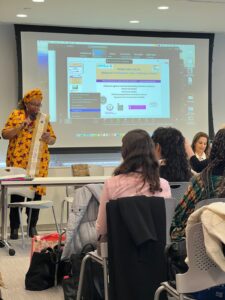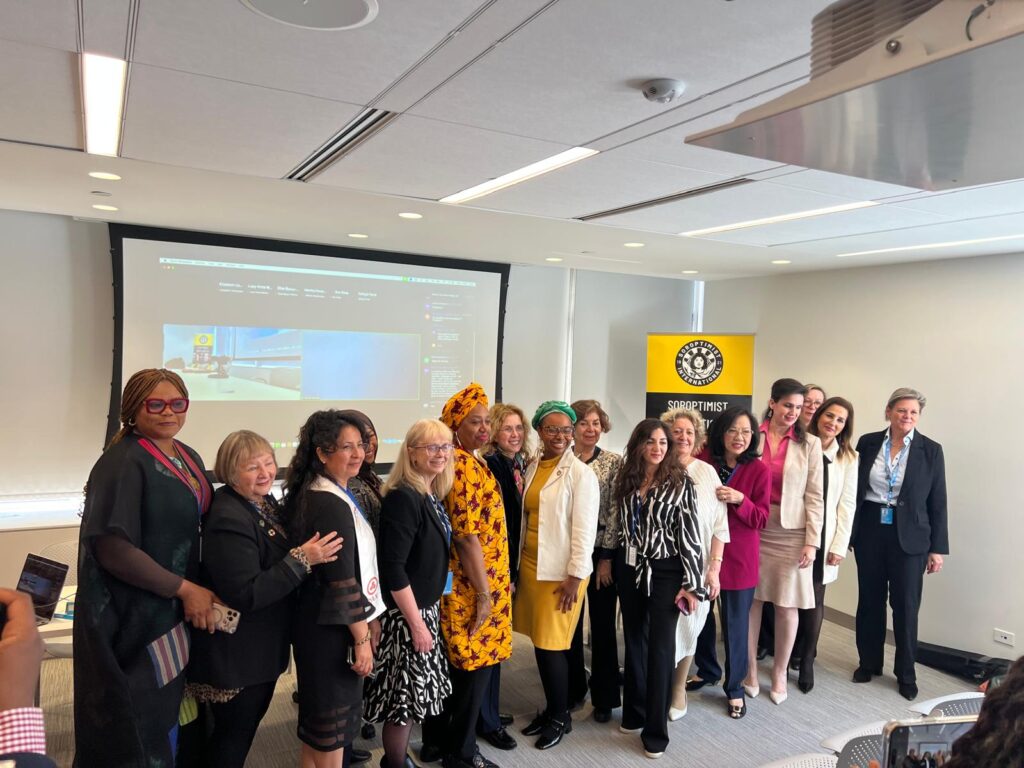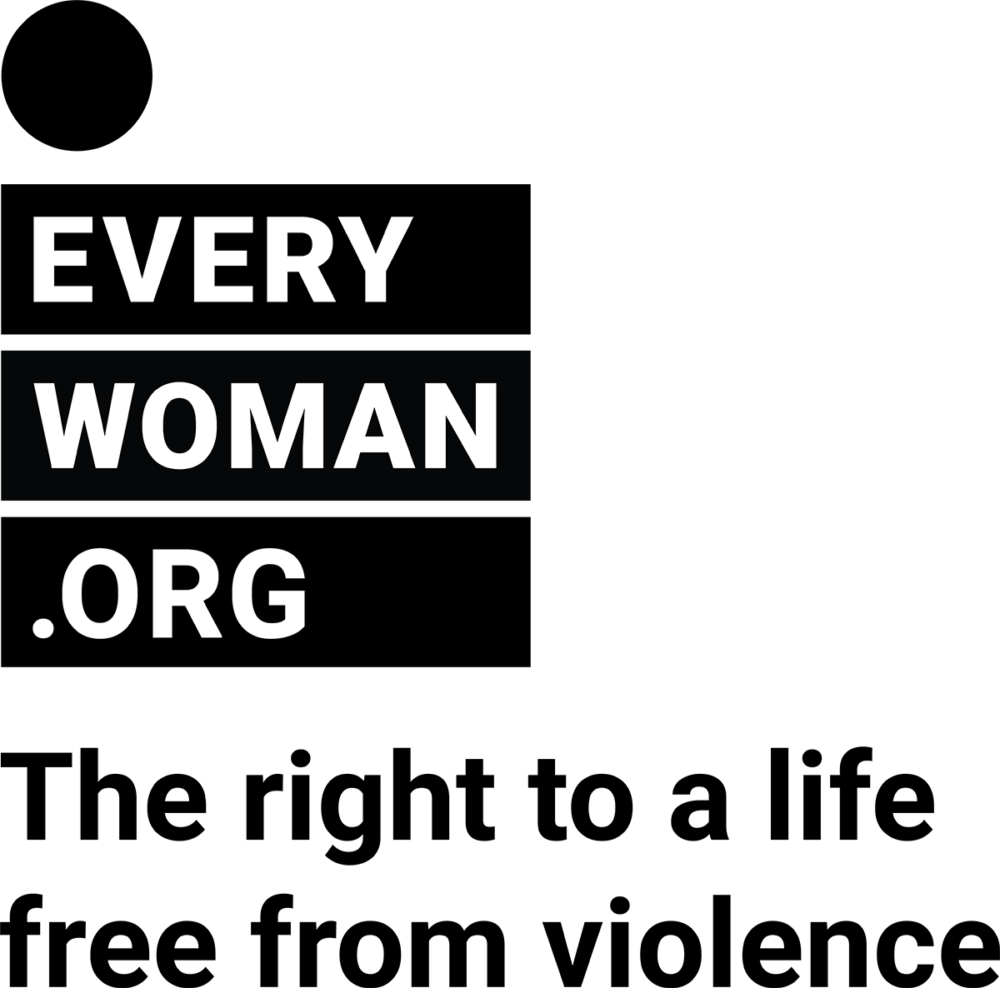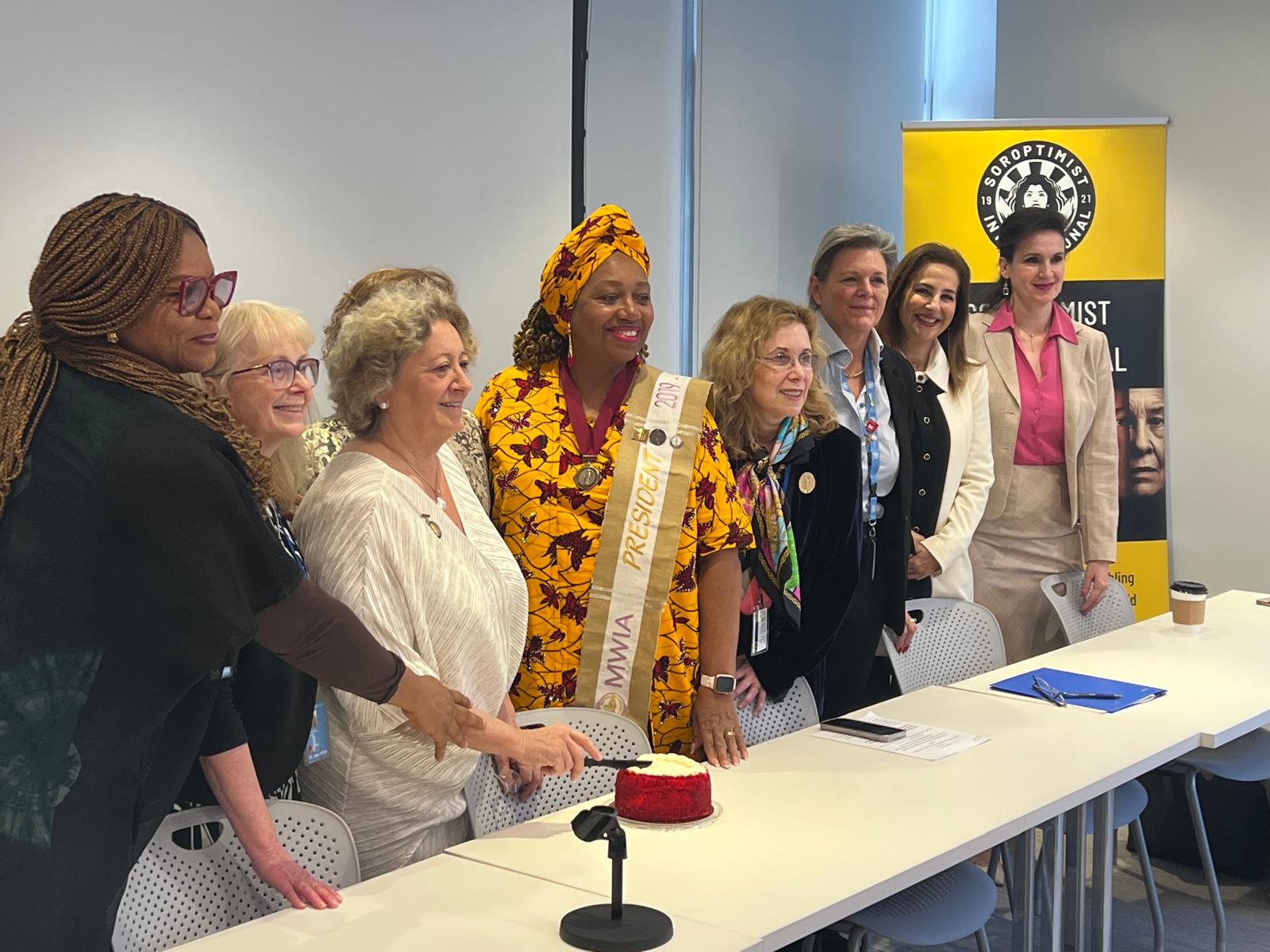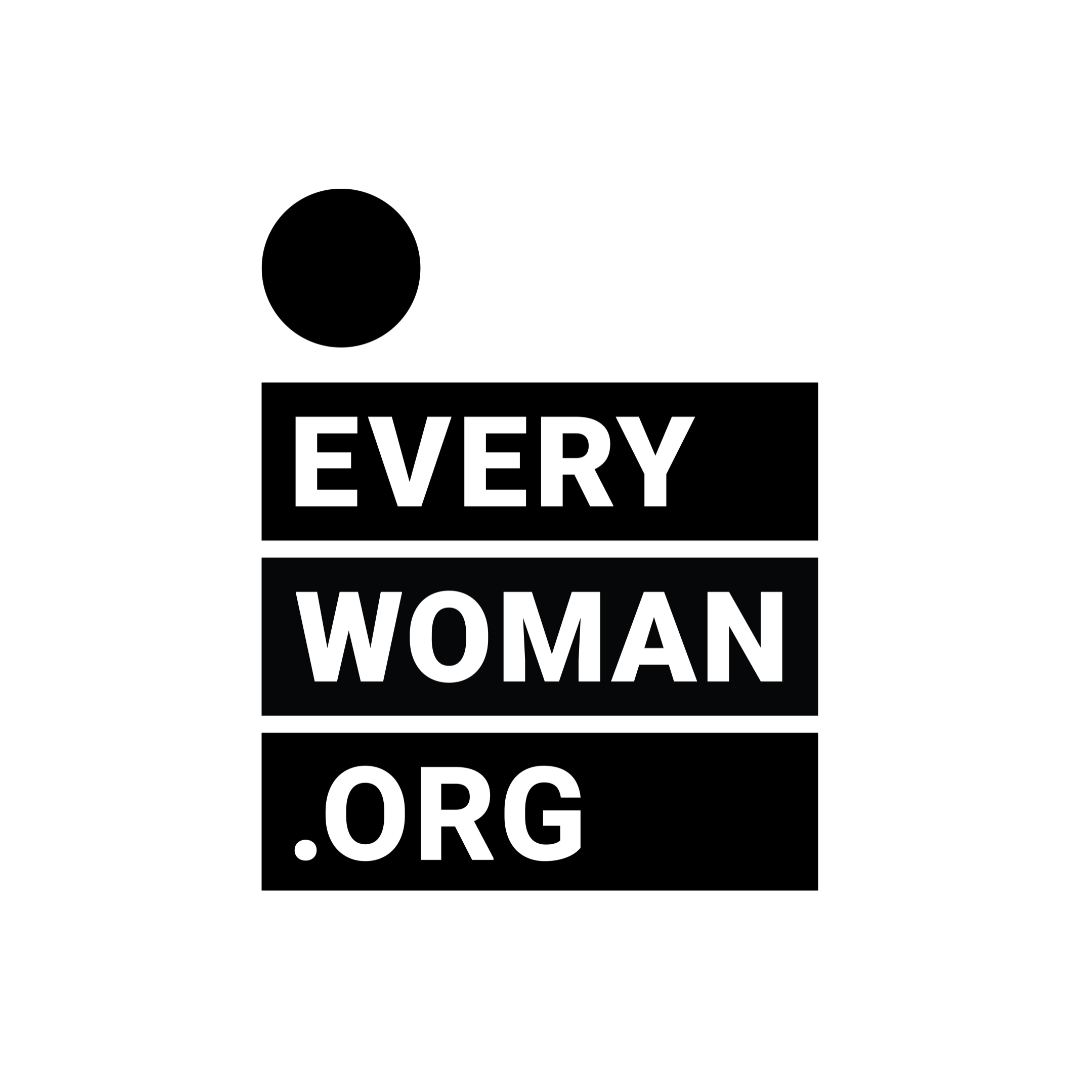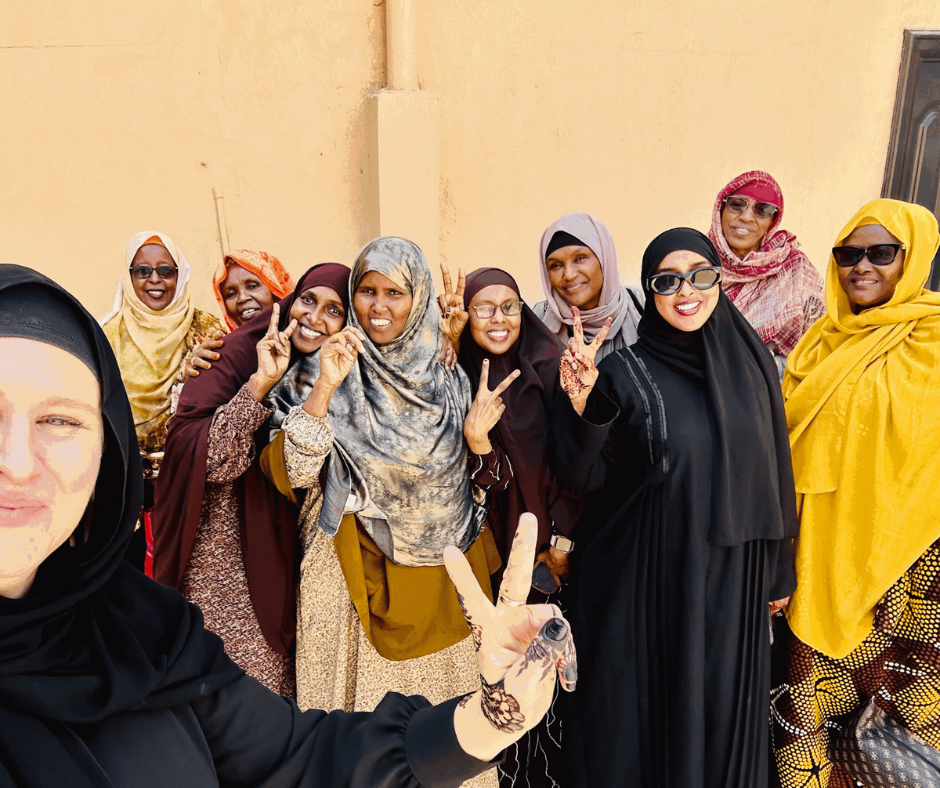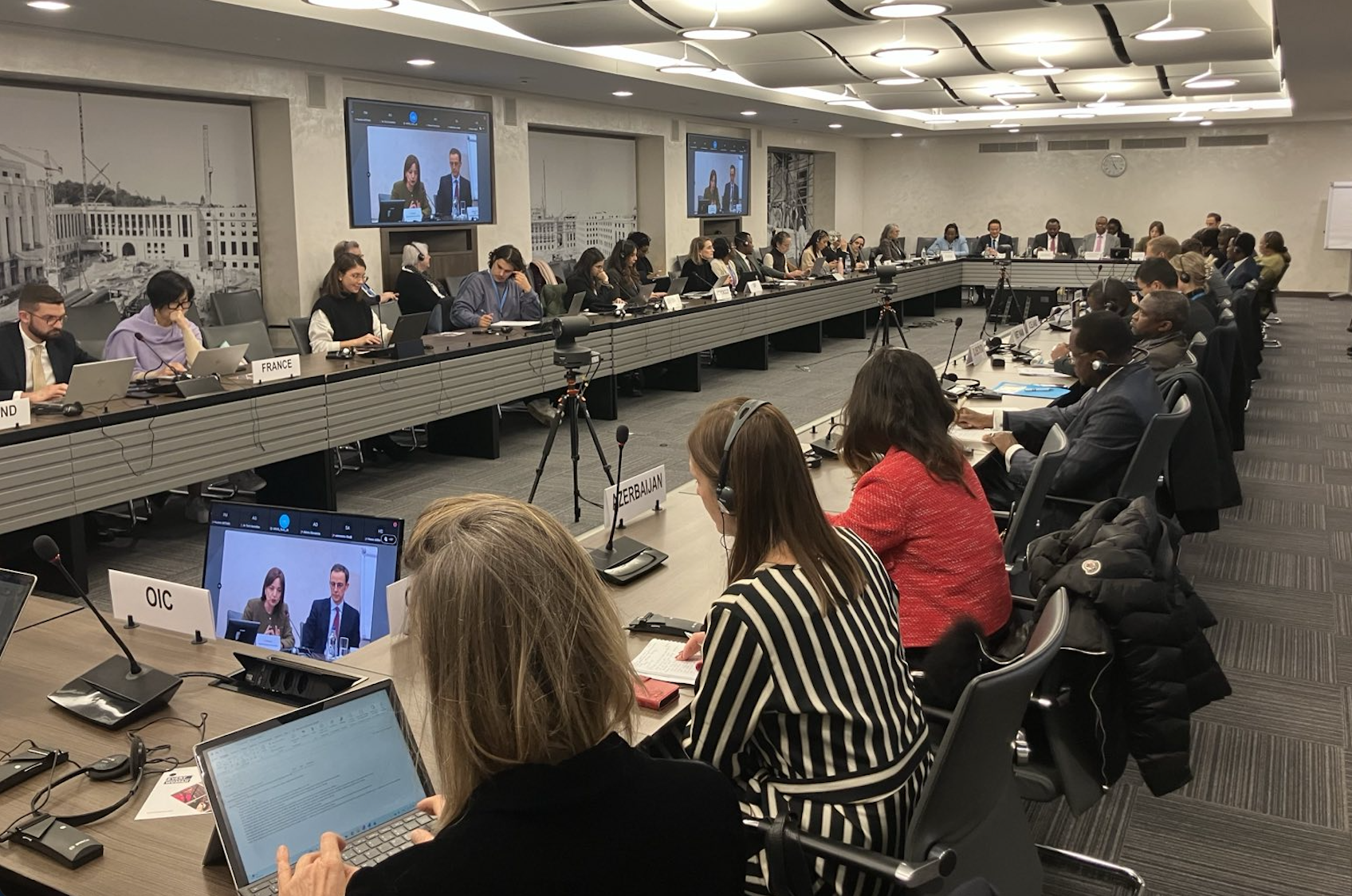It was such an honor for Every Woman to cohost the CSW69 parallel event “WOMEN AND HEALTH: Beijing+30 – Achievements, Gaps, Challenges, Solutions.”
Too often, conversations about violence against women and girls do not include a full discussion of the health consequences violence has on women’s and girls’ lives – and that violence can take place at healthcare facilities.
Women seeking care can be met with neglect, coercion, or violence. In maternity wards, for instance, a 2025 study estimates that 55 percent of women globally experience some form of obstetric violence, which can lead to post-traumatic stress disorder and depression.
Female healthcare workers face alarmingly high rates of workplace violence, with studies documenting an average prevalence rate of 45%.
Every Woman spoke on how a new Optional Protocol to CEDAW to end violence against women and girls can aid women’s health in multiple ways, including:
- Preventing harm in the first place by holding institutions and states accountable
- Helping ensure that survivors receive comprehensive medical and psychosocial care
- Working to break down the unequal gender power that leads to violence, including violence in the healthcare
- Ushering in a safer world. Women’s health, in many ways, begins with their safety. A new Optional Protocol is a starting point, a gateway to better and stronger health for women, girls, families and communities, and nations, indeed the whole world.
As we mark Beijing+30, we stand at a pivotal moment. We must move beyond commitments to concrete action—because violence has no place in healthcare, just as it has no place in any aspect of women’s lives.
Thank you to Medical Women’s International Association, Soroptimist International, International Health Awareness Network, and American Medical Women’s Association for inviting us to participate in this crucial discussion.
